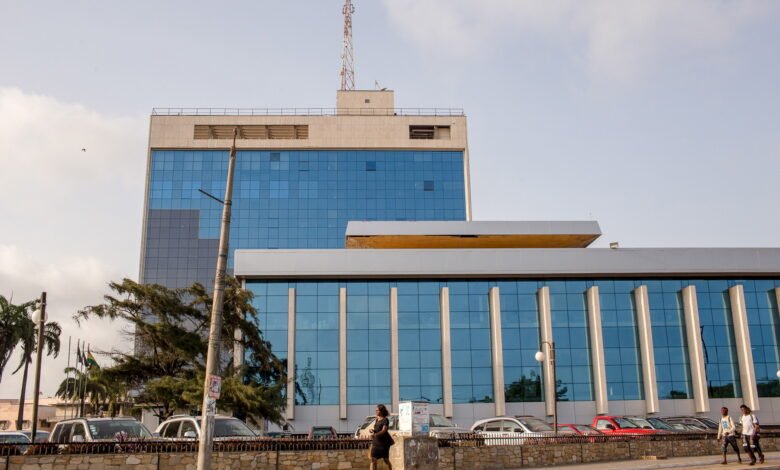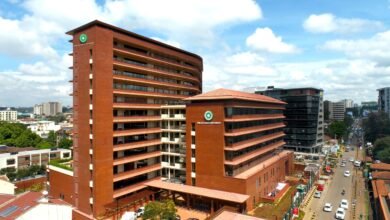
Ghana is facing a significant balance of payment gap, currently in the final stages of reaching an agreement to revamp $13 billion of debt with its eurobond investors by the end of March this year.
The deal with its eurobond holders is crucial for Ghana to access new International Monetary Fund (IMF) financing, which will allow the country to receive $600 million every year between 2023 and 2027 under its $3 billion bailout program.
It could also unlock an additional $300 million in funding from the World Bank’s development policy financing, along with an extra $250 million in support for the Ghana Financial Stability Fund.
Ghana has already secured a debt-relief deal with its official creditors, including the Paris Club and China, under the G20 Common Framework.
The agreement, announced on Friday, will grant Ghana a moratorium on debt payments through May 2026, and will restructure as much as $5.4 billion of bilateral debt.
The comprehensive debt treatment agreement with official creditors was a key requirement for the IMF to disburse $600 million to Ghana, which is expected to happen in a week.
According to IMF Managing Director Kristalina Georgieva the agreement “paves the way for IMF Executive Board consideration” of the first review of Ghana’s program.
“I want to thank the Official Creditor Committee, especially the co-chairs, China and France, for all their work to reach this agreement. This is another substantial milestone for the G20 Common Framework under which G20 creditors joined forces to agree on debt relief for Ghana,” she said.
As a condition for the program, the Ghanaian government is expected to reduce its public debt-to-GDP ratio to 55% by 2028.
Before the commencement of the program in 2023, Ghana’s debt-to-GDP ratio was forecasted to reach 109%. Public debt — excluding loans to state-owned enterprises — eased to 66.4% of gross domestic product at the end of September, helped by the completion of a domestic debt reorganization.
The investors mainly suffered interest-rate cuts when they swapped about 126 billion cedis ($10.5 billion) of local debt last year.
Ghana is not the only African country that has sought debt relief under the G20 Common Framework.
Chad, Ethiopia, and Zambia have similarly submitted debt relief requests under this platform, which has seen slow talks due to coordination issues and disagreements over assessing the comparability of treatment between different types of creditors.
The debt crisis in Ghana and other African countries has raised concerns over the sustainability and transparency of their borrowing practices, especially from China, which has emerged as a major lender to the continent.
According to the China Africa Research Initiative at Johns Hopkins University, China’s total outstanding debt claims on Africa amounted to $148 billion by 2019, accounting for about 20% of Africa’s external debt stock.
The IMF and the World Bank have urged China and other creditors to fully participate in the debt relief efforts and to disclose the terms and conditions of their loans.
They have also called for more fiscal discipline and revenue mobilization from the African governments to ensure that the debt relief is not wasted.
Ghana, which is known for its rich natural resources such as gold, cocoa, and oil, has been hit hard by the Covid-19 pandemic, which has disrupted its economic activity and reduced its export earnings.
The country’s growth rate slumped to 0.4% in 2020, down from 6.5% in 2019. The government has implemented various measures to mitigate the impact of the crisis, such as providing stimulus packages, expanding social protection, and increasing health spending.
The debt restructuring deals with official and private creditors are expected to provide some breathing space for Ghana to overcome its immediate liquidity challenges and to pursue its long-term development goals.
However, the success of these deals will depend on the willingness and cooperation of all parties involved, as well as the effective implementation of the reforms agreed upon.






Hurrah! Finally I got a web site from where I be able to actually take useful information concerning my study and knowledge.
I learned a lot from reading this article. ❤️
Very shortly this website will be famous among all blog viewers, due to it’s fastidious articles